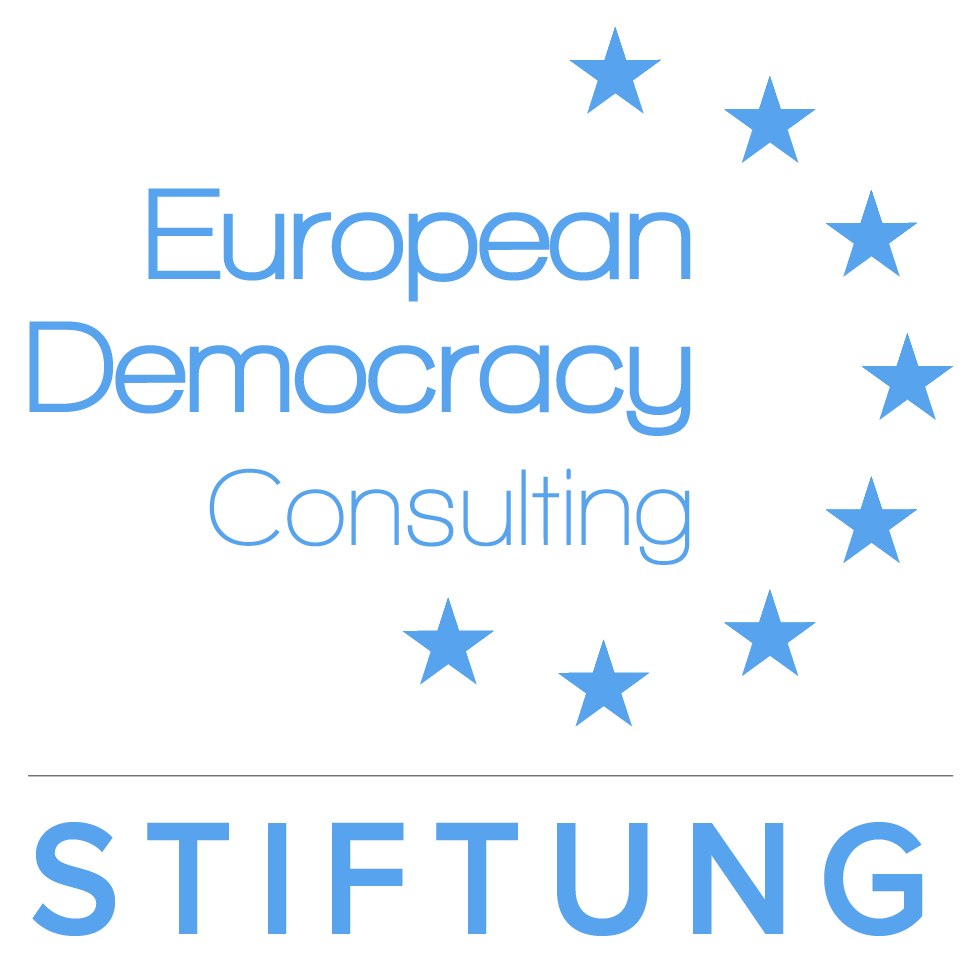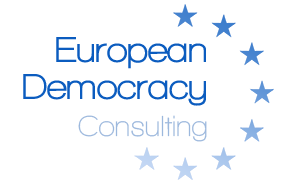How to tank your 28th regime
As the Commission hones its proposal for a 28th regime for European start-ups, it would do well to consider the cautionary tale of European political parties.
As the Commission hones its proposal for a 28th regime for European start-ups, it would do well to consider the cautionary tale of European political parties.
Instead of the mere band-aid of transnational lists, let us reform EU parties and engage on a bold reform to engage citizens and make our election truly European.
Instead of the mere band-aid of transnational lists, let us reform EU parties and engage on a bold reform to engage citizens and make our election truly European.
European Democracy Consulting’s analysis of donations to European political parties and foundations reveals crucial funding insights. During the six months leading up to the 2024 European elections, 20 entities received less than €422,000 combined. Private companies were the main donors, and the right-leaning parties secured 86% of donations. Recommendations include improving transparency and the format of reporting.
The 2024 European election are now behind us and we know the results for national political parties and political groups in the European Parliament. But what do they mean for European political parties? Who won? Who is up or down?
Discover donations made to European parties in the six months ahead of the 2024 elections, with breakdowns by donor category, Member State, and European party.
Following a challenge by European Democracy Consulting, the European Parliament recognised that European citizens had a direct interest in the funding of European parties, and agreed to release related documents in full and without delay.
These brief visualisations present the cross-membership of MEPs between European political parties and political groups of the European Parliament, as well as the national origin of MEPs members of European political parties.
This report by European Democracy Consulting presents visualisations for European parties’ donations and contributions between the financial years 2018 and 2021.
Given the technical nature of the discussion on transnational lists, European Democracy Consulting presents a detailed outline of the solutions to improve the European Parliament’s proposal for a reform of the EU electoral act.
Given the technical nature of the discussion on transnational lists, European Democracy Consulting presents a detailed outline of the shortcomings and limitations of the European Parliament’s proposal for a reform of the EU electoral act.
European Democracy Consulting and REPRESENT propose 49 recommendations for the reform of European political parties.
Instead of the mere band-aid of transnational lists, let us reform EU parties and engage on a bold reform to engage citizens and make our election truly European.
Ahead of trilogues, European Democracy Consulting provides the Council with amendment proposals regarding the framework regulating European political parties.
This quick review critically analyses three major components of the design of transnational lists: the size of the constituency, the apportionment method, and the distribution method.
This report by European Democracy Consulting presents visualisations for European parties’ donations and contributions between 2018 and 2020.
European Democracy Consulting provides a full review and analysis of the European Commission proposal for a revision of Regulation 1141/2014 on European political parties.
The Ranked apportionment method is a simple and elegant voting method remedying the shortcomings identified for the creation of a true European transnational constituency.
This report provides reliable figures and insightful visualisations in order to grasp the full impact of the reform of European parties’ public funding regime.
This quick review by European Democracy Consulting presents visualisations for European parties’ donations and contributions.
This report on the reform of European parties covers six pillars of the regulation of European parties: registration, structure and operations, financing, campaigning, visibility and transparency, and sanctions.
European Democracy Consulting provides its response and recommendations following the publication of the European Ombudsman decision on the Authority for European parties.
This Policy Brief published by the ÖGFE proposes concrete reform proposals for the funding system of European political parties.
Instead of the mere band-aid of transnational lists, let us reform EU parties and engage on a bold reform to engage citizens and make our election truly European.
Following a complaint by European Democracy Consulting, the European Ombudsman has announced the opening of an inquiry into the handling, by the European parties watchdog, of its transparency obligations.
A report highlights the failures of the European party watchdog to implement its transparency requirements under EU law. European Democracy Consulting lodged a complaint to the European Ombudsman on 26 June.
It’s not just a feeling: elections in Europe do take place all the time. European Democracy Consulting provides unique data and visualisations to understand the scope of this constant electioneering. Here is why we should care.
The Authority for European Political Parties and European Political Foundations appears not to comply with its transparency obligations stemming from Article 32 of Regulation 1141/2014 on the statute and funding of European political parties and European political foundations. This review highlights the accomplishments and shortcomings of the APPF regarding its transparency requirements. We hope it proves useful to you in enacting the necessary measures to meet the provisions of Regulation 1141/2014.
The European election, last May, was undoubtedly the major political element of 2019. Campaigns were fierce, the outcome closely observed, and its consequences ran until the end of the year with the arrival of the new Commission. Yet, one group of stakeholders was scarcely mentioned: European political parties.
Fifteen years after the 2004 “big bang” of EU enlargement, is there an East-West divide in the EU’s leadership? This quick review reveals a dramatic absence of entire regions which must be addressed.
Sixty years in, the EU still does not have a common election. More than ever, it is essential for our democracy and the equality of European citizens that we adopt a common voting system. The Bundestag gives us a fascinating way forward.
[Published by EuropeanConstitution.eu]
Transnational lists have emerged as a regular talking point. Yet, what may seem like a no-nonsense way to promote a “more European” Europe is, upon closer examination, unlikely to make our elections and politics more integrated, and completely foreign to the workings of federal systems. The ills it seeks to remedy are real, but the solution lies elsewhere.
[Published by EuropeanConstitution.eu]
‘Transnational lists’ in European elections would mean creating a Europe-wide constituency to give citizens a chance to vote for common candidates, in addition to national ones. It is the most oft-discussed idea for making European elections ‘more European’. However, we should instead focus on developing pan-European political parties.
[Published by The New Federalist]
With over 400mn people eligible to vote, the recent European parliamentary election was the second-largest democratic exercise in the world. Yet, beyond the vote itself, how democratic really is the EU?
[Published by Friends of Europe]
Europe is about democracy. We cherish democracy in our national institutions by ensuring a healthy separation of powers, by fighting for free and fair elections, and by combining the rule of the majority with the protection of the minority. Let’s do the same at the European level.
[Published by EURACTIV.com with Andrew Duff]

The European Democracy Consulting Stiftung is a non-profit association and relies on donations for its work.
Your donation directly supports our projects and helps us improve the services we provide.
